China Country Update April 2018

“The more things change, the more they stay the same” – Alphonse Karr
You may have heard about all the changes to how adoptions are processed in China. Even though the changes may seem significant, rest assured the changes are not as dire or as drastic as they seem. China has had a reliable adoption program for a number of years. We continue to believe that China is a strong option for people who wish to adopt internationally.
The Changes
In an announcement from the China Center for Children’s Welfare and Adoption (CCCWA) dated July 18th, 2017, CCCWA terminated the One-to-One Program, Journey of Hope Program and the Summer/Winter hosting program. CCCWA allowed agencies to continue to have children assigned to them through December 31, 2017. Children who were once assigned to individual agencies through these programs are now available to all agencies. This creates opportunities for more agencies to advocate for special needs children in China. We expect the number of available children to increase each month.
In an announcement from CCCWA dated December 7, 2017, CCCWA terminated the required orphanage donation fee. Traditionally the fee was 35,000 RMB or approximately $5,600. This fee was paid as part of your foreign fees to complete the adoption of your child. Under the new CCCWA guidelines, families are no longer required to pay this fee as part of their adoption expense.
The donation shall be made on a voluntary basis, the donors shall have the right to decide on the quantity, purpose of use and form of donation, and the two parties shall make a donation agreement. Adoption agencies shall not coerce or induce adopters to make donation to child welfare institutions against their wishes. If such a case happens, CCCWA will suspend the cooperation with this adoption agency.”
Under these new guidelines adoptions from China have become less expensive for adoptive families.
In an announcement from the Department of State, Office of Children’s Issues dated March 16th, 2018 the DOS provided guidance for what they term “soft referrals”. Under this guidance (listed below) families must have a completed home study before the child can be held for adoption. Children assigned to individual agency lists can no longer be held exclusively by that agency. Agencies may request any agency to transfer any file to them, provided they have a home study or LID ready family.
Department of State Guidance
Soft Referral that occurs before a PAP completes a home study:
This more common type of soft referral involves ASPs matching an eligible/adoptable child to a PAP who does not have an approved home study, in a manner that removes that child from consideration by other families that the Central or competent authority may wish to consider. This is sometimes referred to as “holding” the child.
Country of Origin Activities:
Generally, country of origin authorities will only approve referrals of a child deemed eligible for intercountry adoption to a PAP who has been found eligible and suitable to adopt. In exceptional circumstances, those authorities may determine that it is in the best interests of the child to “hold” the child for adoption by a PAP who has not yet completed a home study, even when other PAPs with valid home studies are waiting for a referral. This may occur when, for example, the PAP is the child’s relative or has specific experience with a child’s unique special need.
The Department of State has no role in determining what the Central or competent authorities of the other country should or should not do in this situation. This guidance, however, relates to the roles of U.S. ASPs in the use of soft referrals. Regardless of the actions of a foreign country, some actions by U.S. ASPs may be incompatible with U.S. laws and regulations for accredited or approved ASPs.
Example of Special Focus children from China:
The issue of ASPs making soft referrals to PAPs who do not yet have an approved home study recently came to the forefront in China. We are aware, however, that the issues are not unique to China, and this guidance is applicable for every country.
Recently, several ASPs approached the Department to share their experiences related to soft referrals in China. Home study agencies report that some ASPs have pressured them to approve families who have already received soft referrals of special needs children in cases where the home study agency concludes that the PAP may not be suited for the child they wish to adopt. At least one home study agency has reported that it chose to withdraw from preparation of home studies for intercountry adoption from China to avoid this pressure.
In addition, the Chinese Central Authority (CCCWA) allows ASPs to request that a Special Focus child’s file be added to an ASP’s individual list for advanced child recruitment. Under China’s procedures, ASPs may engage in recruitment activities for up to three months when searching for an appropriate prospective adoptive placement for that child. Once the CCCWA grants a Special Focus child’s file to an ASP for recruitment, other agencies cannot view the child’s file on the CCCWA system; they and prospective adoptive parents can only learn about the child through photolistings and other similar recruitment strategies undertaken by the ASP whose has the file on their individual list. China has clarified, however, that even though a child’s file is placed on one ASP’s individual list, any ASP who has an interested family can propose a match to CCCWA and request the file be moved to their individual list.
ASPs should not reserve Special Focus children’s files for their clients if a suitable family is ready to proceed with a child’s intercountry adoption with another ASP. The Department has received reports indicating that some agencies are restricting referrals of Special Focus children to their current or prospective clients only. If another ASP approaches them with a family that may be a suitable match for that child, the ASP who has the child’s file should not prevent or discourage the other ASP from requesting that CCCWA transfer the file. The Department has received reports that some ASPs have been requiring families to change agencies instead of working within the CCCWA system to transfer the file, or to wait until the recruiting ASP’s three month timeframe has passed. These actions are improper, even if the recruiting ASP has proposed a match for the child, as they prevent CCCWA from considering referring the child to other families and may result in children remaining in institutional care longer than they otherwise would.
“Holding” Files:
While the Special Focus system might be unique to China, the issue of “holding” children’s files is apparently not. Numerous reports indicate that, in several countries, ASPs working with families to adopt special needs children are “holding” children for PAPs who have yet to complete a home study. This practice effectively deprives the Central or competent authority of the opportunity to make the decision to place that child with another PAP when such placement may be in the child’s best interest.
In short, U.S. accredited or approved ASPs should not take any action to “hold” children for PAPs who have not yet been found suitable in any way that prevents other agencies from referring the child to other families, that prevents or dissuades other suitable families from adopting the child, or that prevents a Central or competent authority from either learning of other eligible families or considering alternative placements. Such actions place the interests of the ASP and PAPs ahead of the interests of children.
The entire guidance can be accessed here.
Silver Linings
On a positive note, more children may be available for agencies to advocate for. Adoptions may have become cheaper with the reduction of a mandatory fee. However, they may still cost the same if you voluntarily pay a large orphanage donation fee. Generally, being required to have a home study or an LID, will greatly speed up the adoption process. Gathering paperwork beforehand will allow the match to go much quicker and smoother. Families can expect to travel within three months after being matched, provided they have an LID.
If you would like to talk more about these changes, or are interested in becoming LID ready, please contact Kathy Junk at kathy@wiaa.org or call the office at (801)334-8683





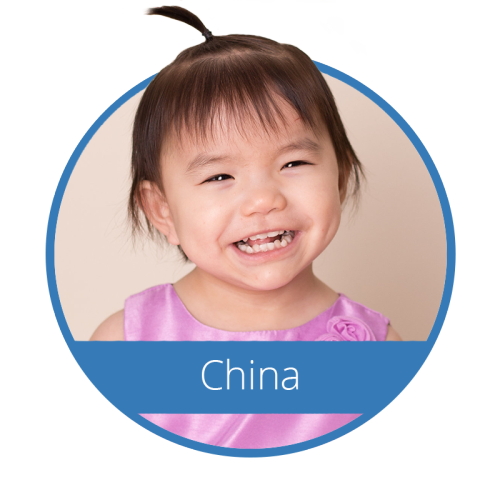
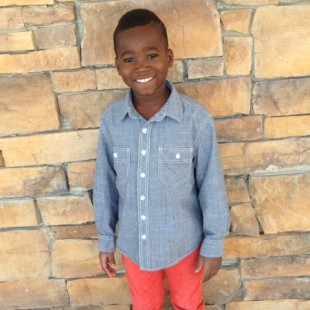

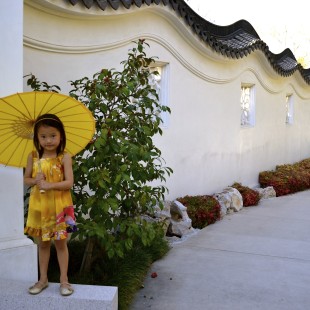
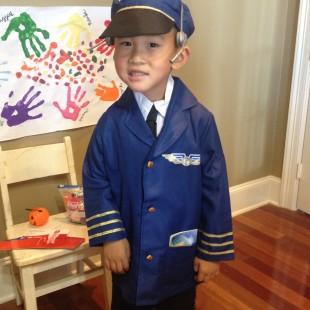
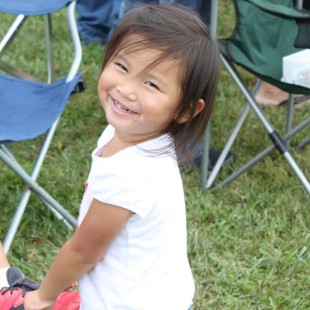

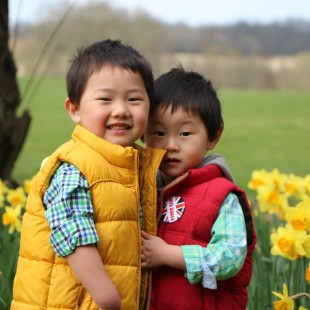
Leave a Reply